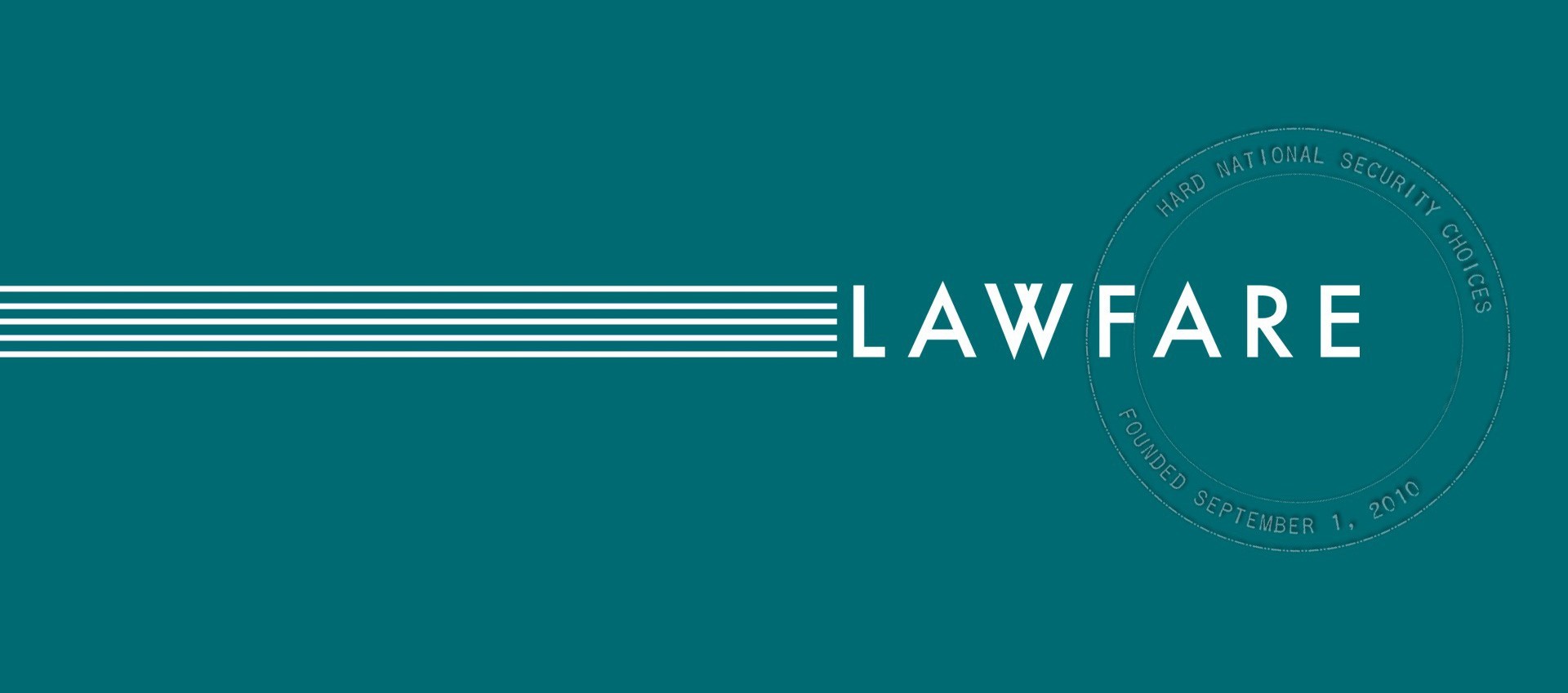D.C. Circuit Court Clears Way for Obstruction Charges Against Jan. 6 Rioters
Judges Florence Y. Pan and Justin R. Walker found that the lower court’s interpretation of the obstruction statute was too narrow.
Published by The Lawfare Institute
in Cooperation With

On April 7, in a 2-1 decision, an appeals court panel for the District of Columbia Circuit reversed the ruling of U.S. District Judge Carl Nichols that the government could not charge more than 280 Jan. 6 rioters with corruptly obstructing an official proceeding under 18 U.S.C. § 1512(c)(2).
Judges Florence Y. Pan and Justin R. Walker found that the lower court’s interpretation of the obstruction statute was too narrow in its application to only a “document, record, or other object.” More specifically, the judges ruled that the government’s broad interpretation of the statute, “encompassing all forms of obstructive acts” including but not limited to documents, records, or other objects is “unambiguous and natural, as confirmed by the “ordinary, contemporary, common meaning” of the provision’s text and structure” and thus can be applied in the government’s many cases against Jan. 6 rioters.
Walker, concurring in part and concurring in judgment, did not join the majority’s decision to decline a ruling on the scope of the “corrupt[]” mental state element of the statute. He noted that “[i]f (c)(2) has a broad act element and an even broader mental state, then its ‘breathtaking’ scope is a poor fit for its place as a residual clause in a broader obstruction-of-justice-statute.”
In a dissenting opinion, Judge Gregory G. Katsas argued that the court should uphold Nichols’s opinion, and that the government’s interpretation of 18 U.S.C. § 1512(c)(2) is “implausibly broad and unconstitutional.”
You can read the ruling ruling here or below:





